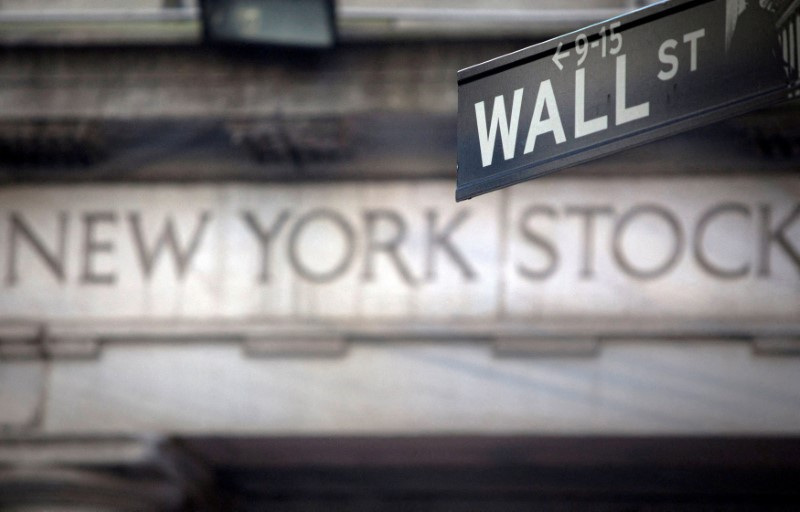By Niket Nishant and Manya Saini
(Reuters) -The U.S. IPO market has bounced back strongly in 2024 after a nearly two-year dry spell, driven by receding recession fears and a searing rally in stocks.
Still, investor preference for companies with a clear path to profitability has kept enthusiasm in check, with analysts expecting a recovery to take roots next year.
"Right now, (the IPO market recovery) is very sober and clinical," said Mike Bellin, IPO Services Leader at PwC U.S., citing the election uncertainty and doubts about the Federal Reserve's ability to guide the economy to a soft landing.
"As we get more momentum and alleviate some uncertainty, we may move into a market where investors are willing to put more money in riskier IPO candidates."
On Thursday, shares of weight-loss drug developer BioAge Labs opened 25% above their IPO price. Natural gas producer BKV and healthcare firm Guardian Pharmacy both climbed 3% at the open.
Below are some graphics outlining the state of the IPO market:
STRONG DEBUTS
Companies that raised at least $100 million in their IPOs this year have traded up about 25% on average, according to data from Renaissance Capital, with first-day gains of 16%.
The Renaissance IPO Index, a benchmark for broader trends, is up about 14% so far this year.
Social media giant Reddit, logistics heavyweight Lineage and healthcare firm Concentra are among the firms that went public this year.
BIOTECHS SHINE
September has turned out to be the busiest month for healthcare IPOs this year, Dealogic data showed, a contrast from risk-averse investors moving to the sidelines as biotechs struggled with dried-up funding due to high interest rates.
"Biotech is a very capital-intensive business," said Ross Carmel, partner at securities law firm Sichenzia Ross Ference Carmel.
"Access to the public markets gives them the opportunity to continue raising capital as they need it, faster than they would as a private company."
POSITIONED FOR ACCELERATION
While IPOs have recovered from the lows of last year, the proceeds raised via such sales are well below the 10-year historical average, according to Renaissance Capital.
"The August sell-off, stubbornly high inflation and anxiety surrounding the upcoming election likely deterred a number of potential issuers weighing fall IPOs," said Angelo Bochanis, data and index associate at Renaissance.
Heightened investor scrutiny could also have prompted some startups to delay a listing until they were on a stronger financial footing.
"We've seen a change in the scale required to go public. If you back up five years, a typical IPO-bound company had $100 million in annual recurring revenue. Nowadays, it's probably double that, if not more," PwC's Bellin said.
Still, next year may bring more activity.
"We are anticipating a steady recovery, and plenty more names will go public in the coming months," Renaissance's Bochanis said.
ARTIFICIAL INTELLIGENCE
"Anything AI-related should have an easy story to tell and investors love a good narrative when they're seeking new opportunities," said Dan Coatsworth, investment analyst at AJ Bell.

But investors will likely seek more concrete evidence of the advantage of AI to the business model.
"The buy side today is very diligent around AI matters. There will be good questions asked," said PwC's Bellin.